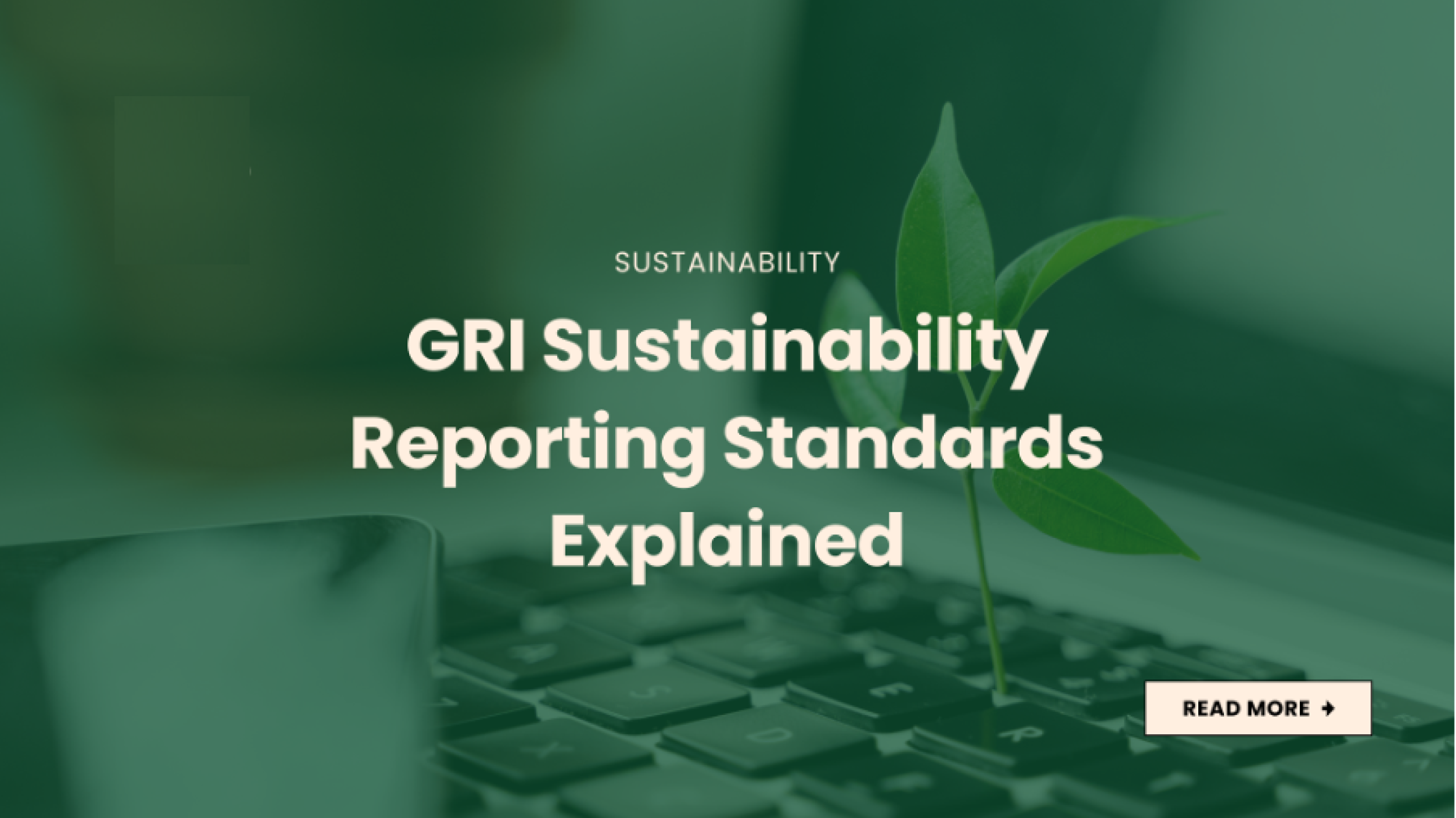As the effects of climate change intensify globally, the urgency to reduce greenhouse gas emissions has never been greater. Carbon credits, a market-based mechanism aimed at reducing emissions, are proving to be an effective tool in the global climate change fight. Carbon credit solutions not only incentivize companies to reduce their emissions but also support projects that actively remove or prevent carbon from entering the atmosphere. For ClimeKare, promoting carbon credits is about enabling companies to take accountability while contributing to a healthier, sustainable world.
What Are Carbon Credits?
A carbon credit is essentially a permit that allows a company or organisation to emit a certain amount of carbon dioxide or other greenhouse gases. One carbon credit equals one metric ton of CO₂ or equivalent gases. By purchasing carbon credits, businesses can offset the emissions they produce by funding initiatives that reduce emissions elsewhere—such as renewable energy projects, forest conservation, and other sustainable activities. This “cap-and-trade” approach incentivizes businesses to invest in cleaner processes and technologies, as unused credits can often be sold, generating revenue for companies actively lowering their emissions.
How Carbon Credit Solutions Address Climate Change
Carbon credit systems work on the principle of balancing emissions by making it costlier to pollute and rewarding reductions. They enable industries with high emissions, such as manufacturing and energy, to fund green projects or processes that offset their environmental footprint. By requiring companies to purchase or generate these credits, carbon credit systems effectively put a price on carbon emissions, pushing industries toward carbon-neutral and eventually net-zero goals.
Moreover, companies that consistently reduce emissions within their operations can sell excess credits, creating a financial incentive for going green. This market-driven approach not only contributes to emission reduction but also fosters a competitive edge for companies to innovate in clean technology.
Key Benefits of Carbon Credit Solutions
- Incentivizing Emission Reductions: Carbon credits encourage businesses to invest in renewable energy and efficient technologies. As the cost of carbon credits rises, it becomes financially beneficial for companies to adopt sustainable practices rather than continually buying credits.
- Funding Climate-Friendly Projects: Revenue generated from carbon credits is frequently channelled into projects that have tangible impacts on reducing emissions—such as afforestation, wind energy, or waste-to-energy initiatives. These projects are crucial for absorbing existing atmospheric CO₂ and ensuring a decrease in future emissions.
- Improving Corporate Responsibility: Businesses are under increasing pressure from consumers, investors, and regulatory bodies to reduce their carbon footprint. Carbon credits offer a structured, measurable way for companies to demonstrate their commitment to sustainability, meeting environmental, social, and governance (ESG) standards effectively.
- Encouraging Global Participation: By engaging countries and industries worldwide, carbon credit markets foster international cooperation in reducing emissions. This collaboration is especially important as developing nations with limited resources often benefit from credit-funded projects, accelerating their sustainable growth.
Challenges and the Path Forward
While carbon credits are a powerful tool, they are not without challenges. Critics argue that purchasing carbon credits can sometimes serve as a loophole for high-polluting companies to avoid making substantial operational changes. Additionally, verifying the legitimacy and impact of carbon offset projects can be difficult, highlighting the need for stringent regulations and transparency in the carbon credit industry.
For organisations like ClimeKare, working closely with credible project developers and regulatory bodies is essential to ensure that carbon credit purchases lead to real, measurable environmental benefits. By adhering to robust standards and promoting transparency, ClimeKare’s carbon credit solutions help businesses make sustainable choices while driving meaningful impact.
Why Carbon Credits are Essential for the Future
Addressing climate change requires transformative shifts across industries, and carbon credits provide an immediate solution to help bridge the gap as companies work toward long-term goals. By making emissions costly and incentivizing sustainable alternatives, carbon credit solutions play a vital role in combating climate change and promoting a green economy.
With companies like ClimeKare at the forefront, carbon credits become more than just offsets—they are a commitment to future-proof our planet and build a sustainable legacy.




